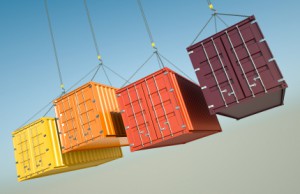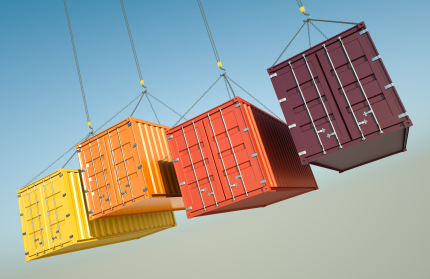 The Philippine Bureau of Customs’ (BOC) Automated Export Declaration System (AEDS) as well as its container tracking project continue to be on hold.
The Philippine Bureau of Customs’ (BOC) Automated Export Declaration System (AEDS) as well as its container tracking project continue to be on hold.
Customs commissioner Rozzano Rufino Biazon said there is no timetable yet for the implementation of the AEDS, noting there is need to subject the proposed supplemental Customs Memorandum Order (CMO) that will implement the AEDS to further scrutiny in order to avoid future problems in implementation.
AEDS was originally scheduled for adoption late last year then reset to March 1 this year.
The Philippine Economic Zone Authority has a separate AEDS for its locators just recently implemented.
“We have no timetable as to when we are going to implement the BOC AEDS… it depends on the ongoing review of the proposed CMO,” Biazon said.
Under the BOC AEDS, all authorized forwarders/brokers and/or exporter’s representatives should file export entries of their client-exporters electronically through any of three BOC-accredited accredited value-added service providers — InterCommerce Network Services, E-Konek Pilipinas and Cargo Data Exchange Center.
As a pre-requisite to using the E2M-AEDS, exporters, as well as their authorized forwarders/brokers and/or exporter’s representatives, must be registered under the BOC’s Client Profile Registration System for exports.
Cargo tracking
Meanwhile, the BOC’s container tracking project is also in the freezer pending the entry of more service providers into the program.
Biazon said BOC is revising the CMO operationalizing the Global Positioning System Equipped Barrier Seal project to open the field to other service providers aside from the program’s only accredited provider, Société Générale de Surveillance.
“The DOF (Department of Finance) recommended some amendments. They want a provision which specifically says this is not a monopoly and other service providers are welcome,” Biazon said.
“I admit that the measure is silent on the monopoly issue. It’s better to be explicit in saying that this is not a monopoly,” he added.
Late last year, Biazon ordered a study on the use of radio frequency identification in cargo tracking instead of GPS due to the cost involved in the rollout of the latter.
The new cargo tracking system is aimed at replacing the underguarding scheme.
Many stakeholders are, however, against the measure, mainly on account of cost.
The proposed rate for GPS tracking ranges from P750 to P2,200 per container compared to the current underguarding fee of only P350 per container.
Some stakeholders want a choice when it comes to cargo tracking, and are seeking the retention of underguarding and the General Transport Surety Bond (GTSB).
Clark ecozone locators have been particularly vocal about what they want, noting their satisfaction with underguarding and the GTSB.





